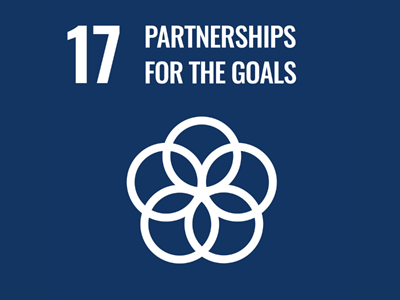About the Project
BINDER - Improving Bio-Inspired Deep Learning for Radiomics
According to the 2022 statistics from the American Cancer Society, breast and prostate cancers are the most prevalent worldwide, causing 670,000 and 35,250 deaths respectively. Axillary cancer, which may arise as a complication of breast cancer, has a 37% mortality rate. Several institutions, including the National Cancer Institute (NCI), have emphasized the urgent need for reliable predictive models to improve personalized therapies and forecast risk by incorporating relevant features.
Current predictive models often lack generalizability due to limited datasets from single institutions and patient cohorts, along with the limitations of existing AI algorithms. The NCI has called for substantial progress in Artificial Intelligence (AI) to address these issues.
To tackle this, MagIC coordinated the BINDER project, forming an interdisciplinary partnership to develop an AI-based system with unprecedented predictive ability in oncology. Utilizing novel and diverse data collected by CF, the project developed cutting-edge AI algorithms.
The BINDER project led to significant advancements in cancer diagnosis and treatment through two major contributions:
- a comparative study of breast cancer and axillary cancer, revealing previously unknown differences between these tumors;
- an innovative study on the segmentation and detection of prostate cancer.







